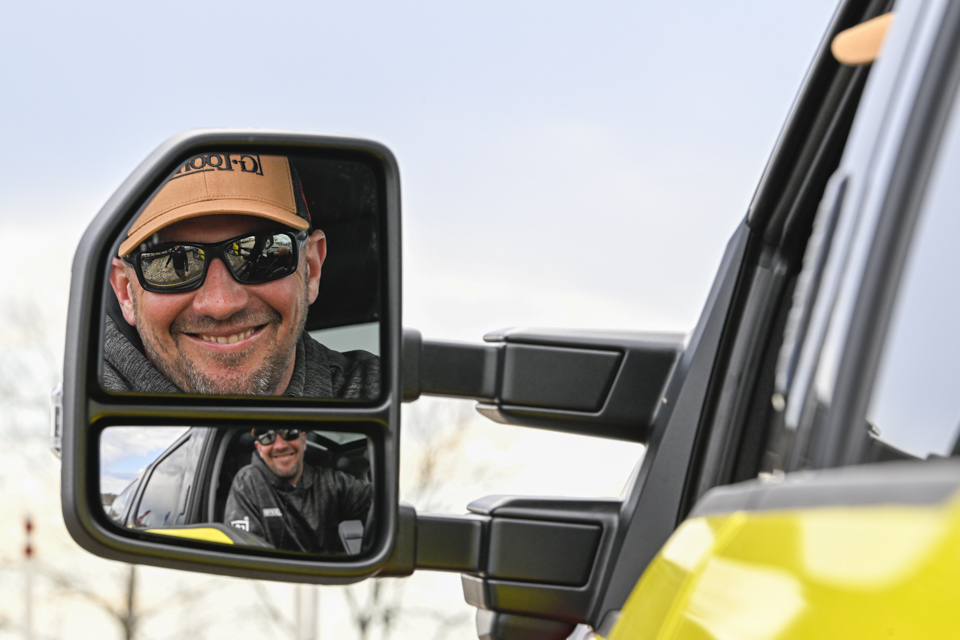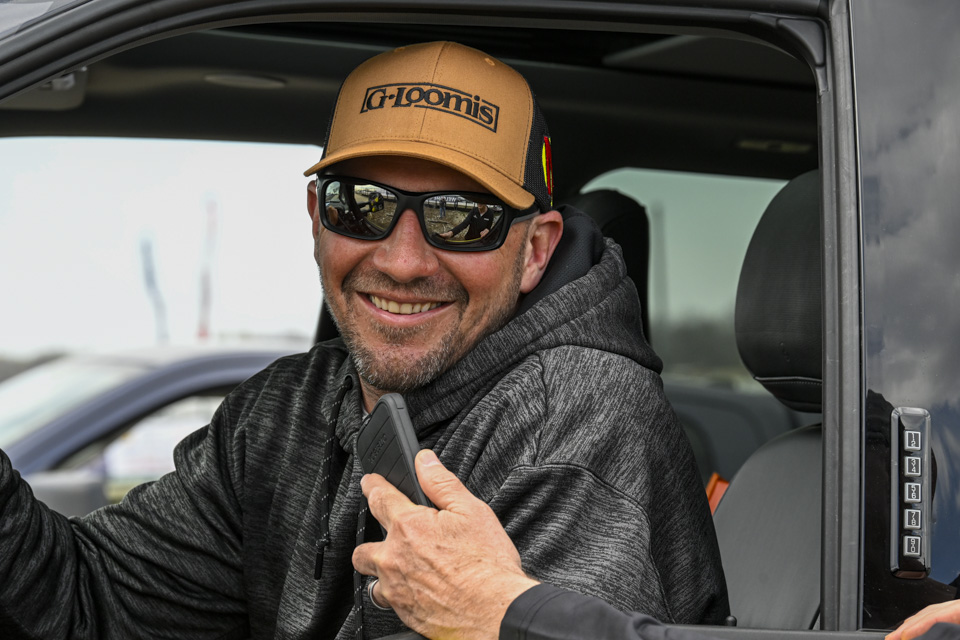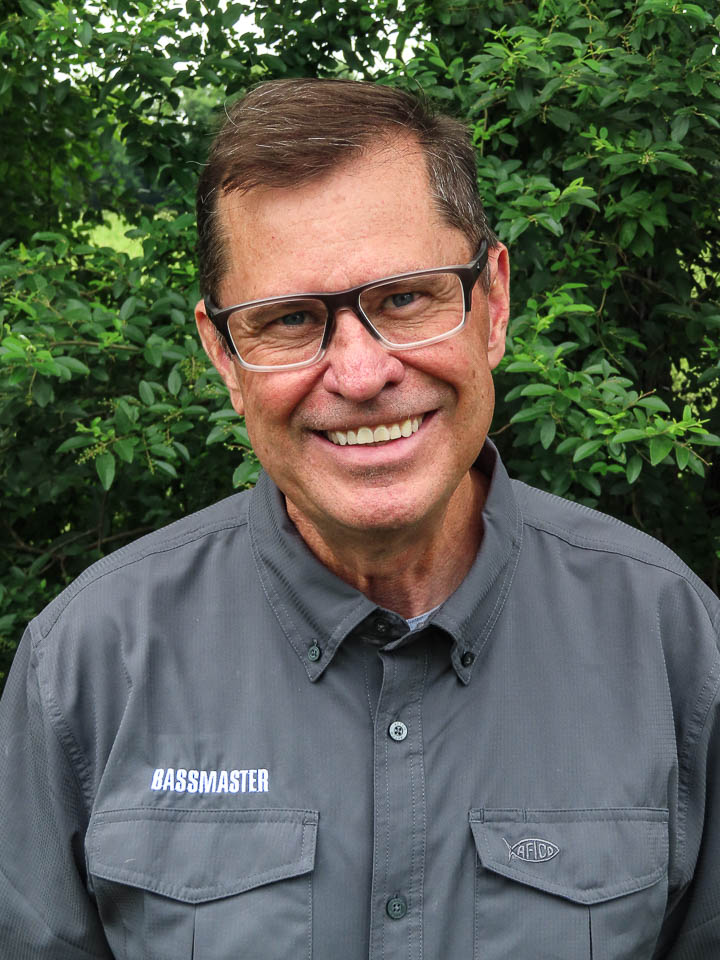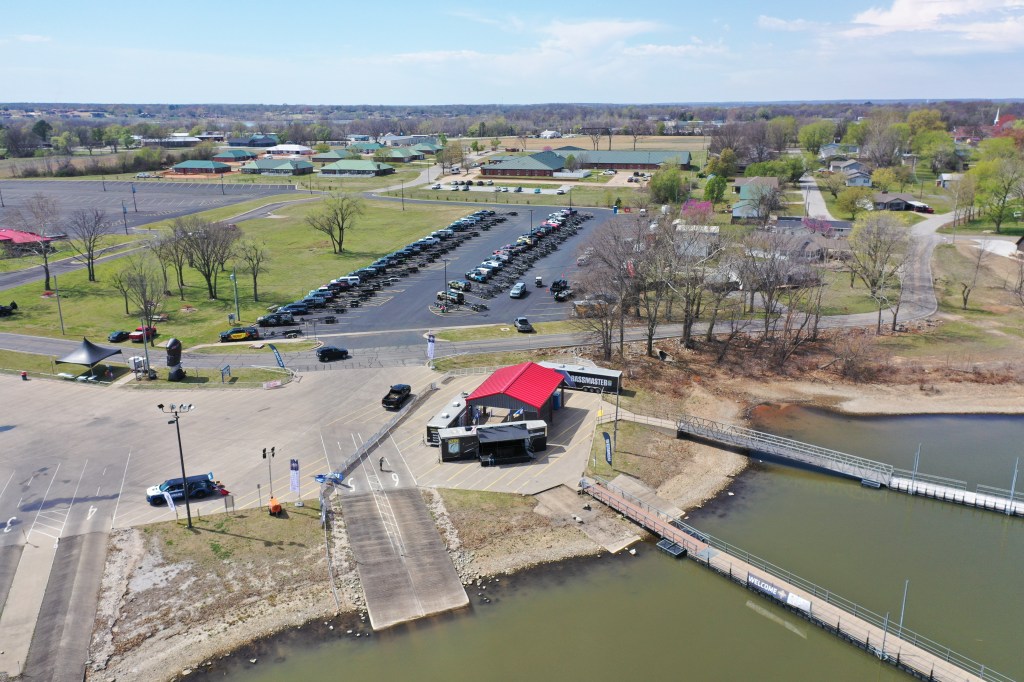

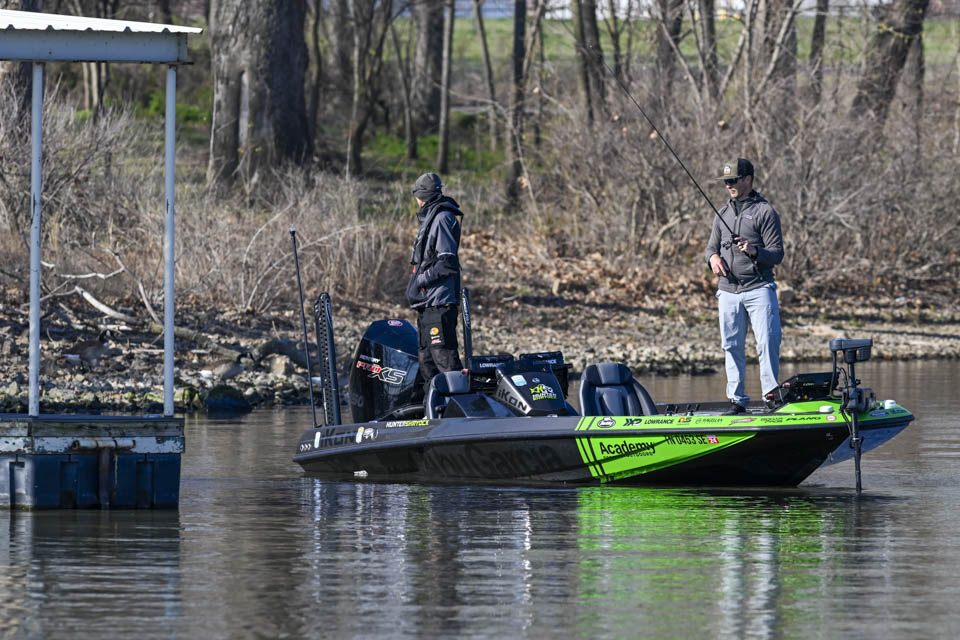
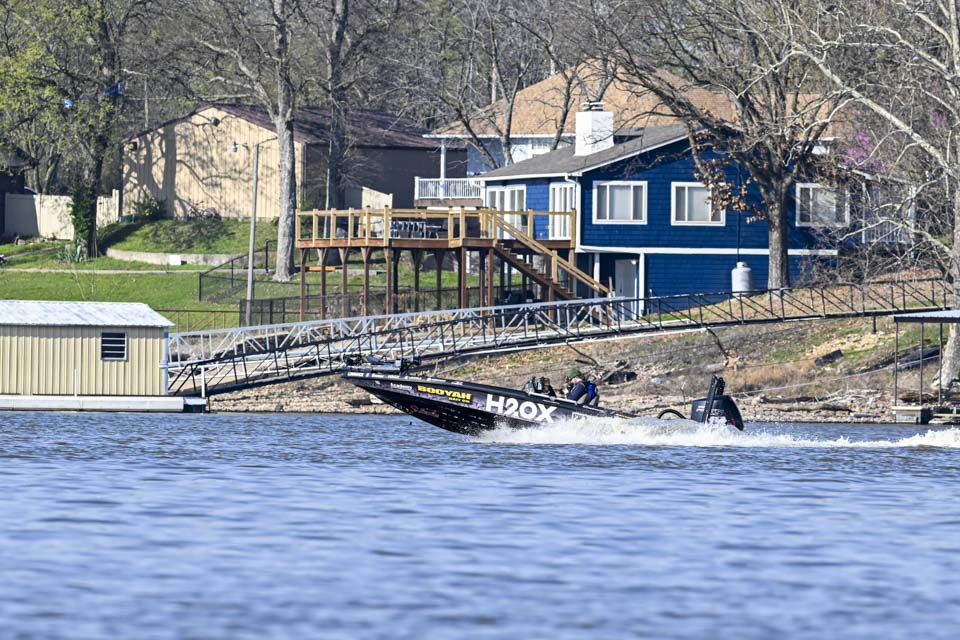
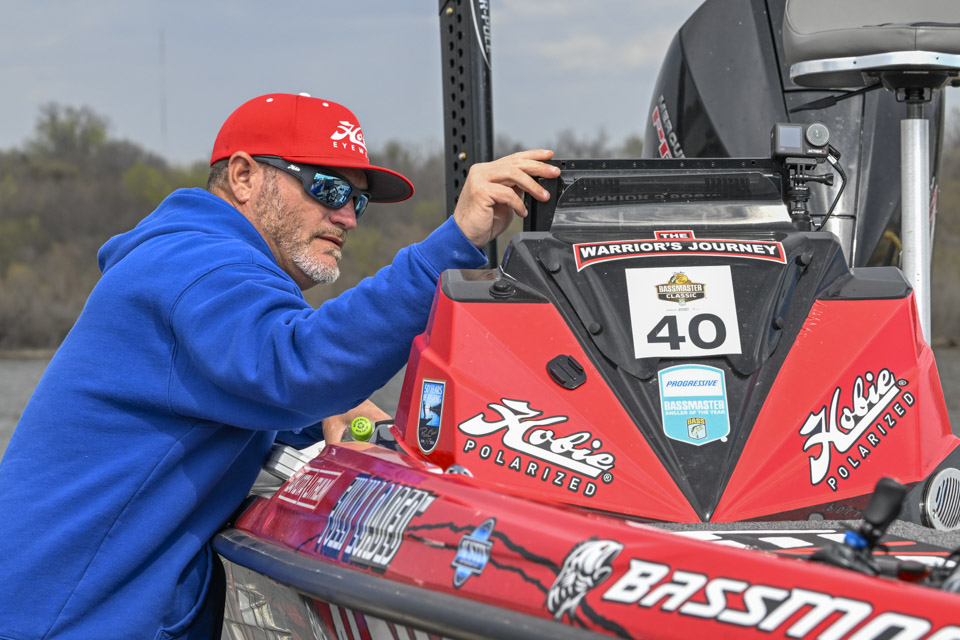
“I’m paying attention to where the fish are moving while not catching anything that would matter. But I still try to catch some males in different places to see how far they are coming along. The object is to be ready Friday in knowing where they are going and go from there.”
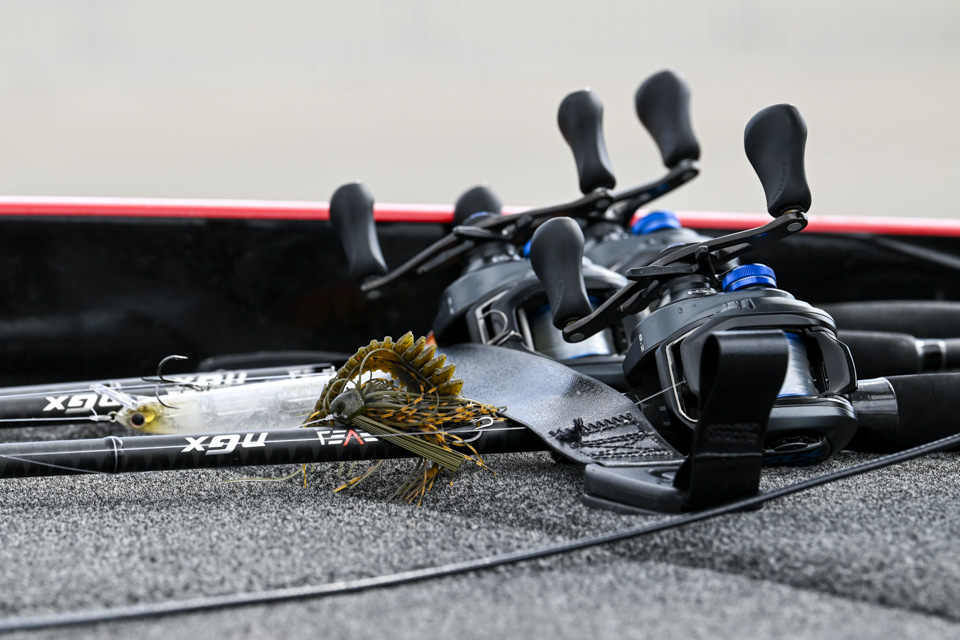
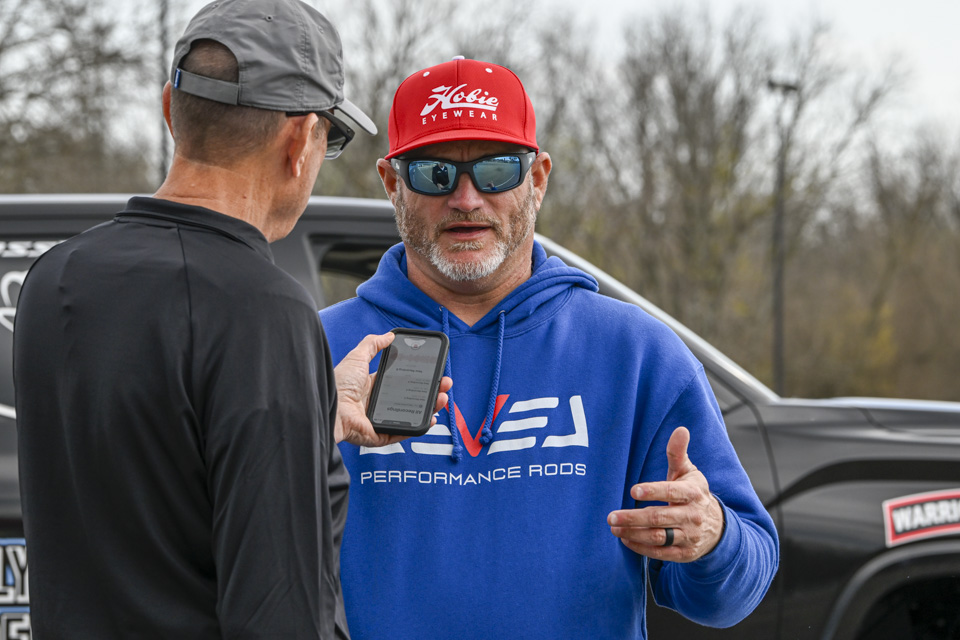

“Today I went out looking for new water. I didn’t want to catch fish I’ve already found.”
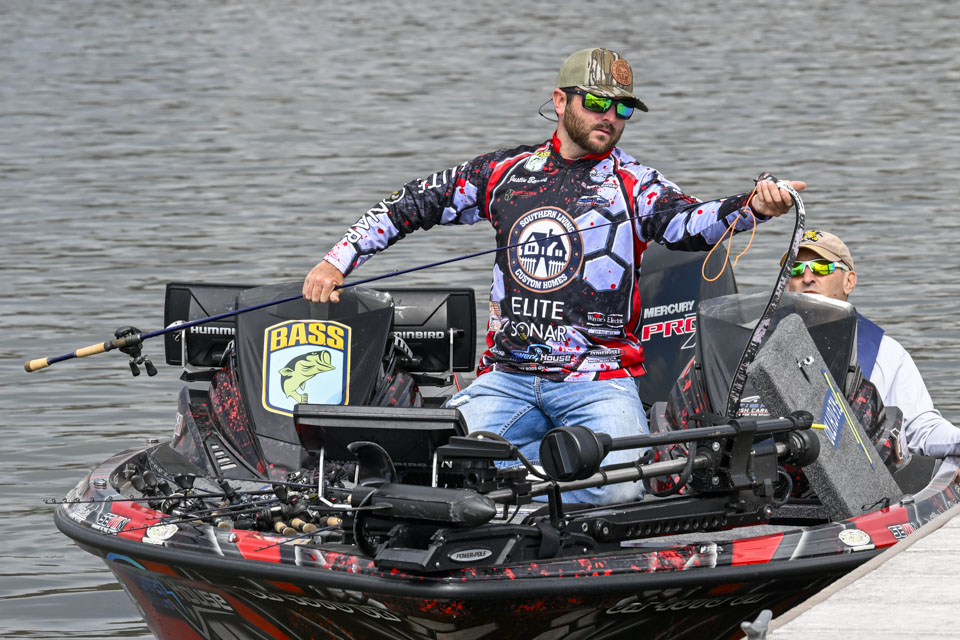
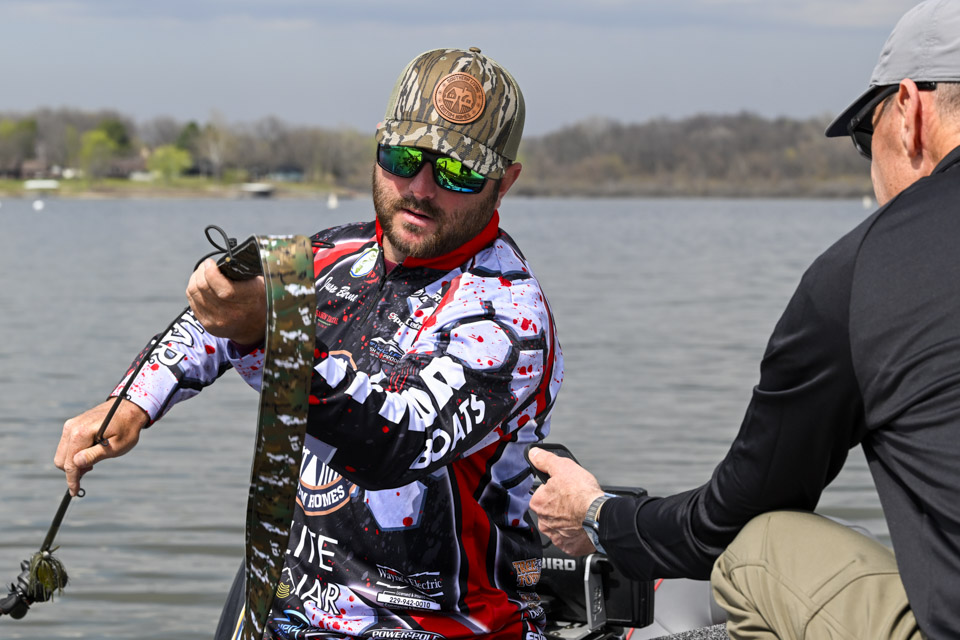
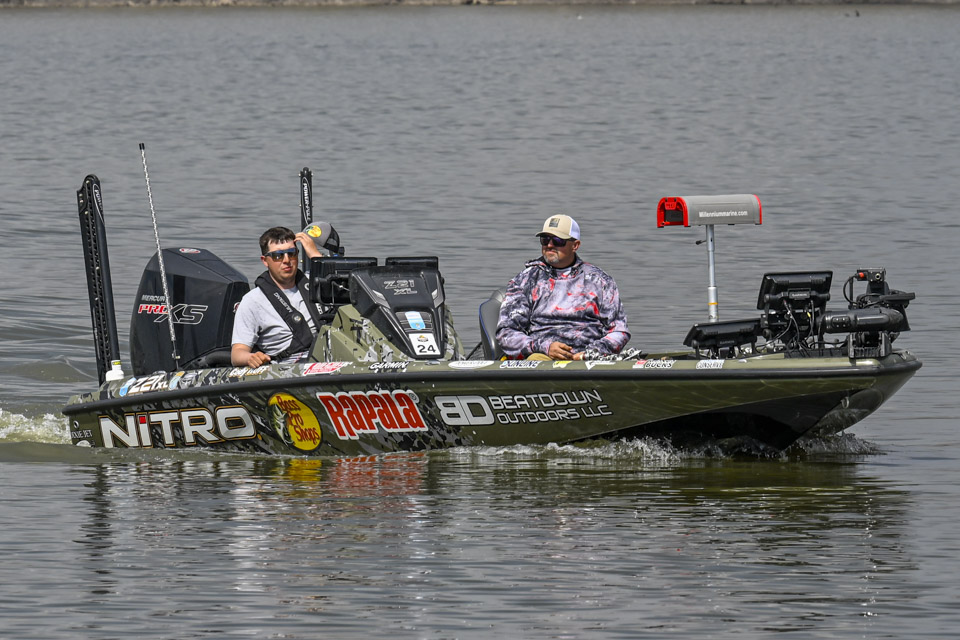
“It’s going to be different because of springtime. Everything is changing.”
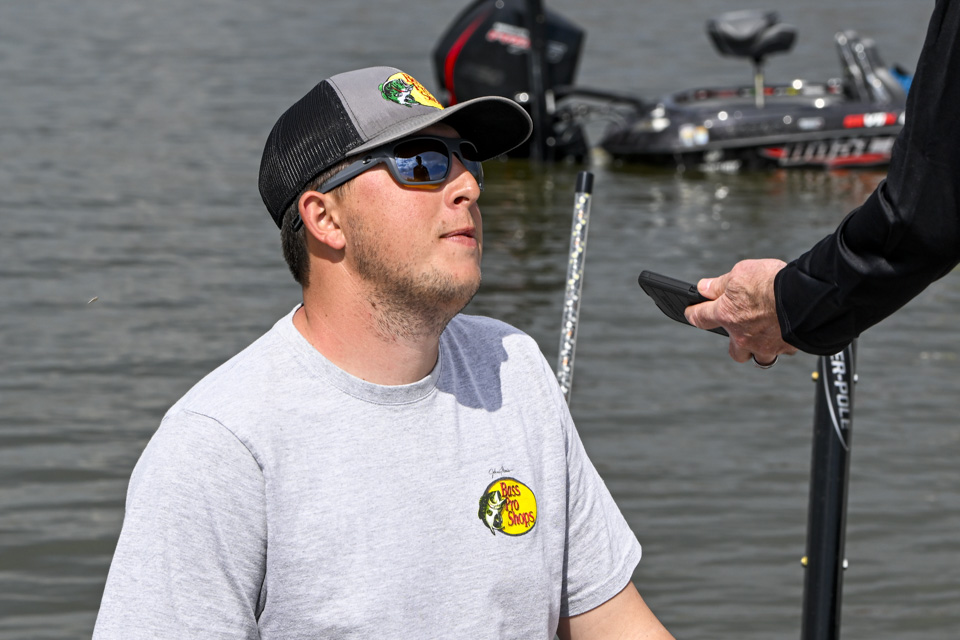
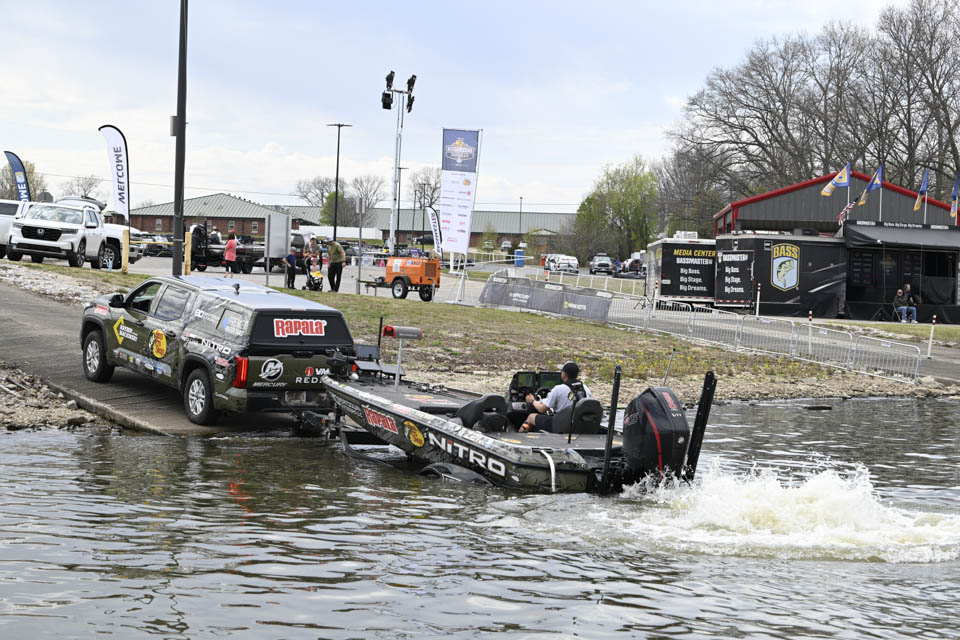
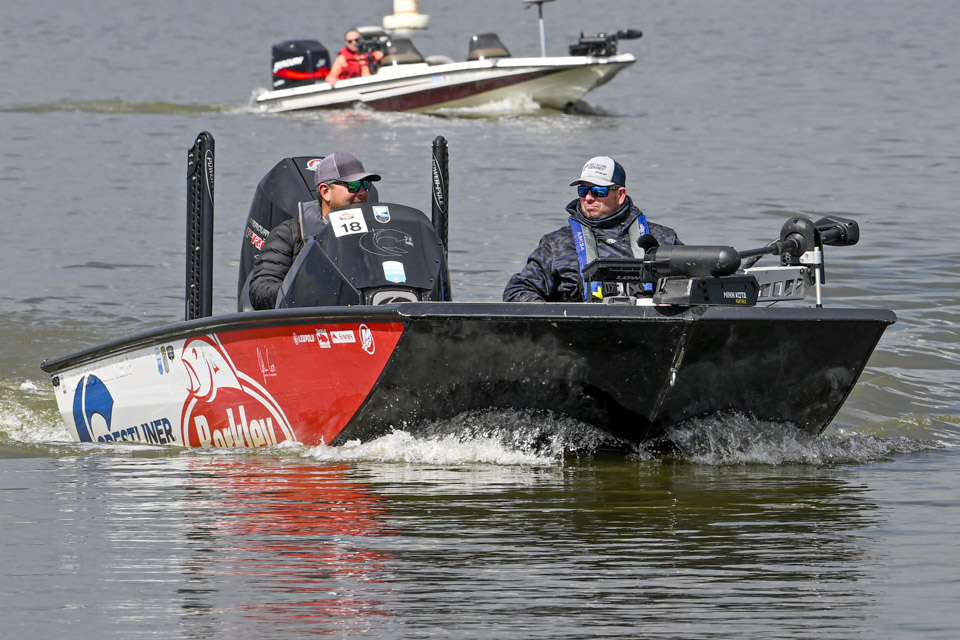
“I got out there today and there but we only have an eight-hour day on the Wednesday practice.”

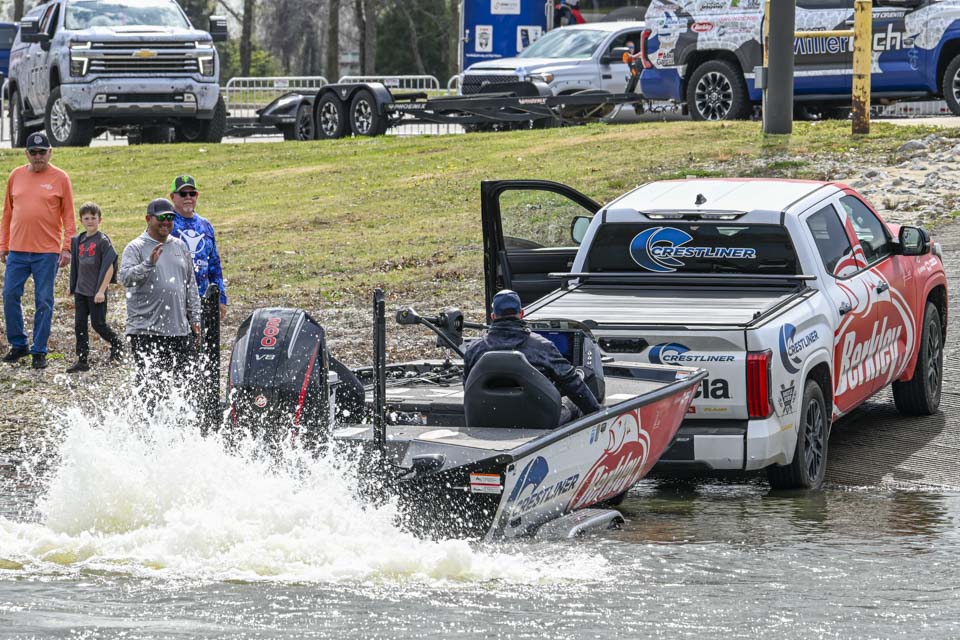
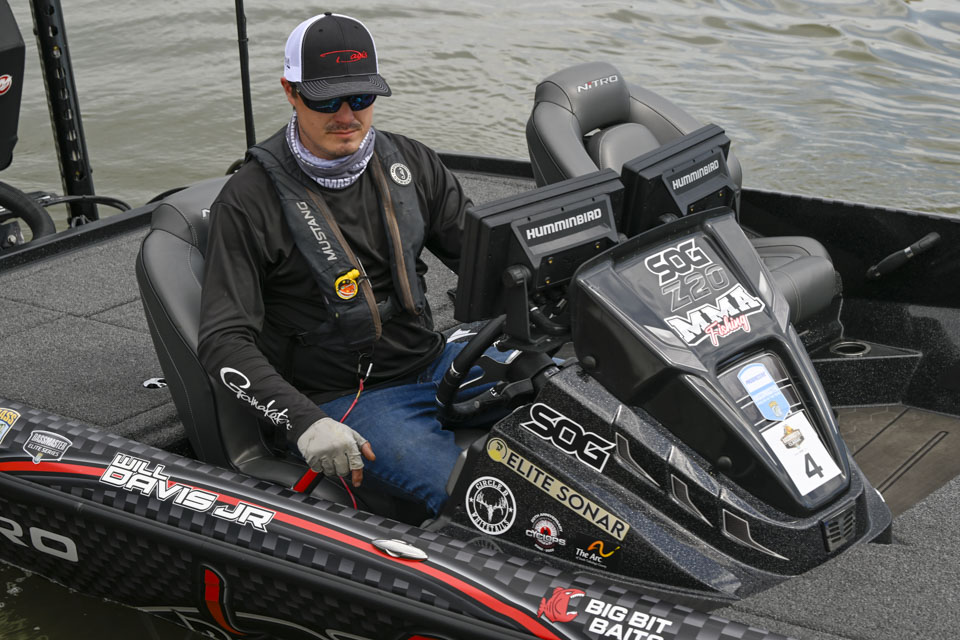
“The way I normally approach a practice is start at the creek mouths and go in to find where the bass are on the prespawn migration.”
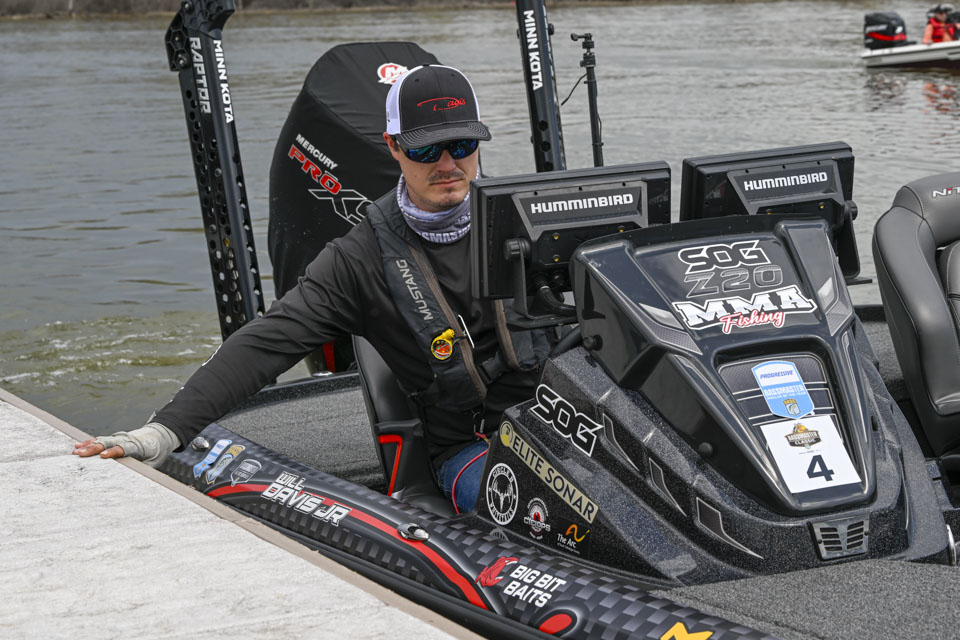
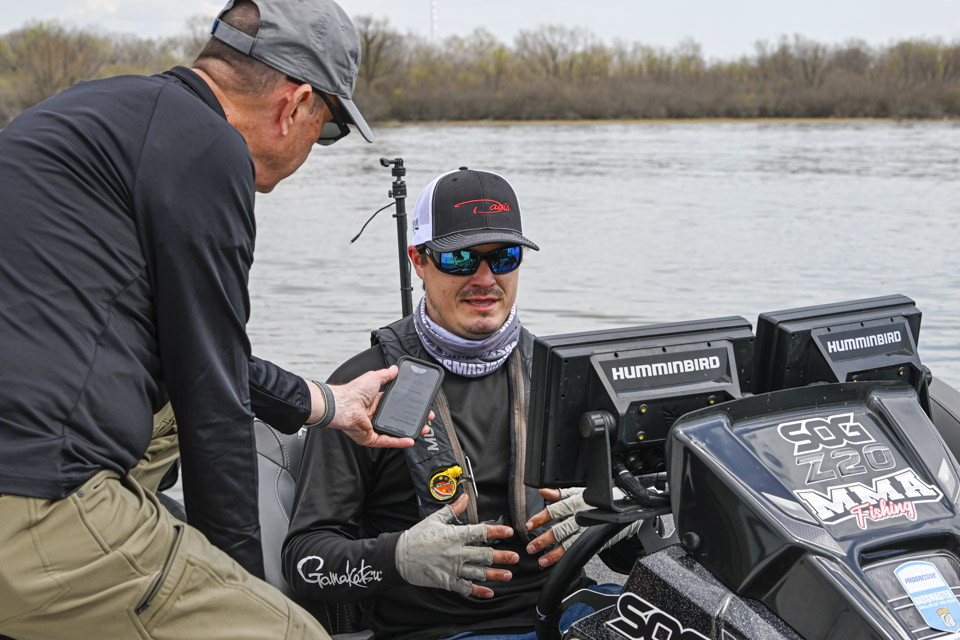
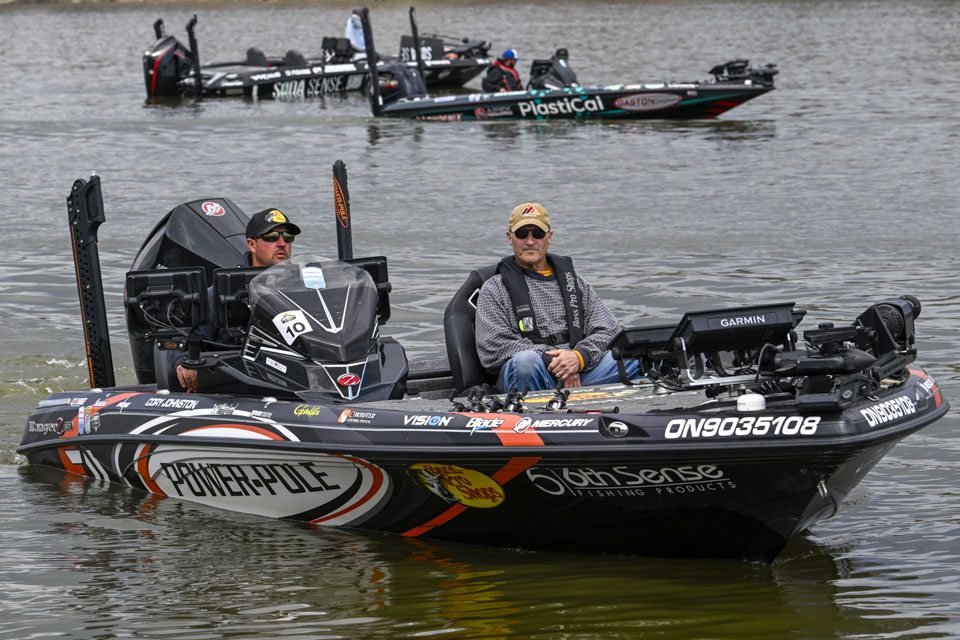
“It’s tricky because with this week we’ve had drastic temperature changes between nights and days.”
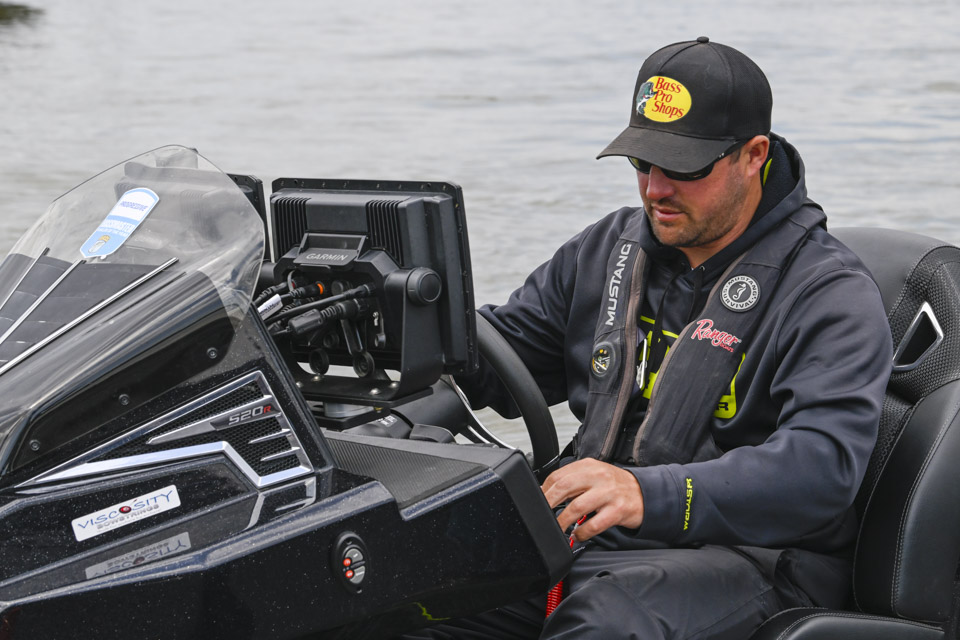
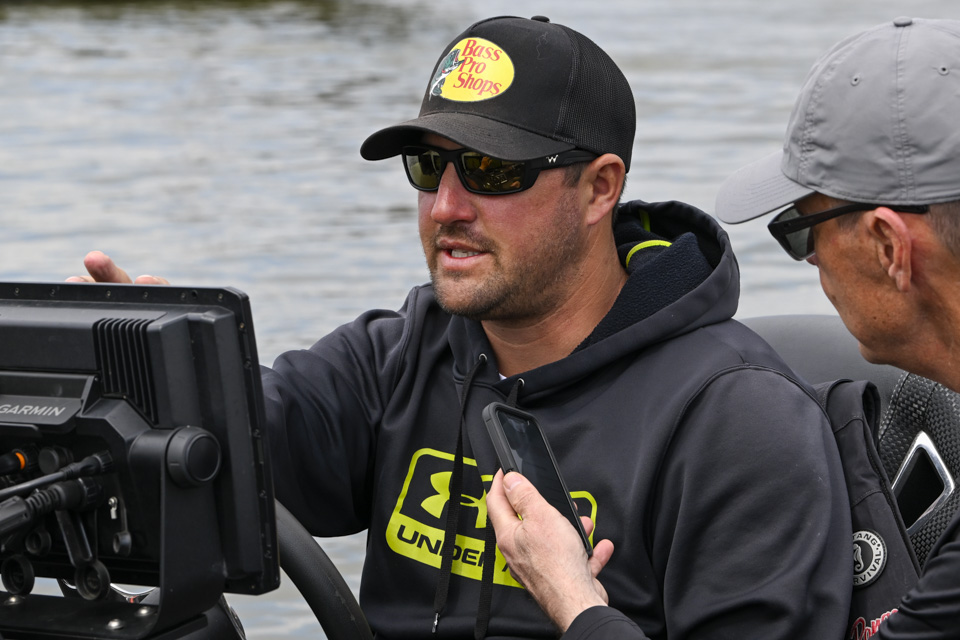
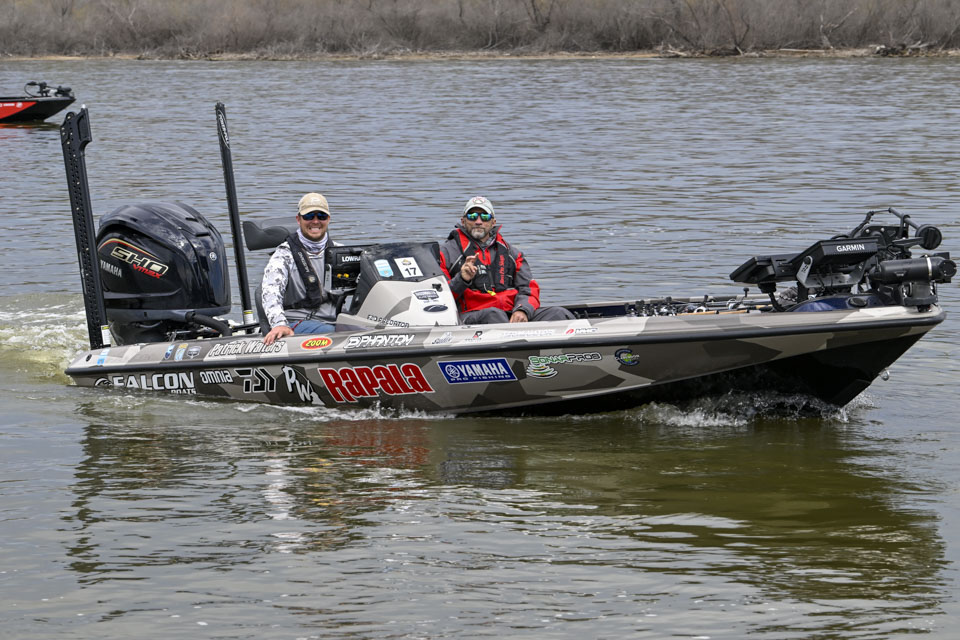
“It’s springtime, March and what I do is find a general area. The fish are in transition and on the move, and you’re not going to be doing the same thing twice.”
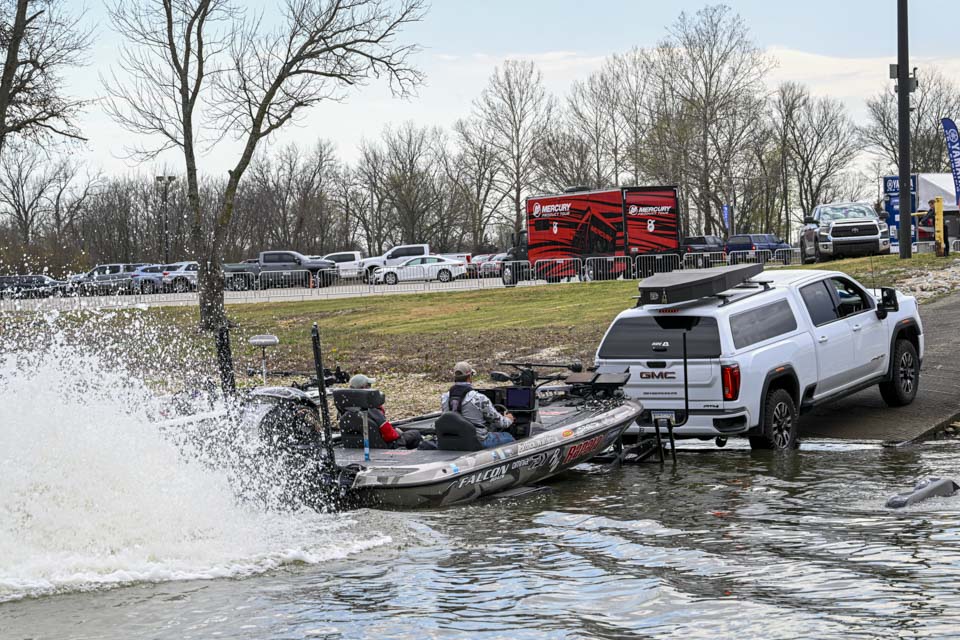
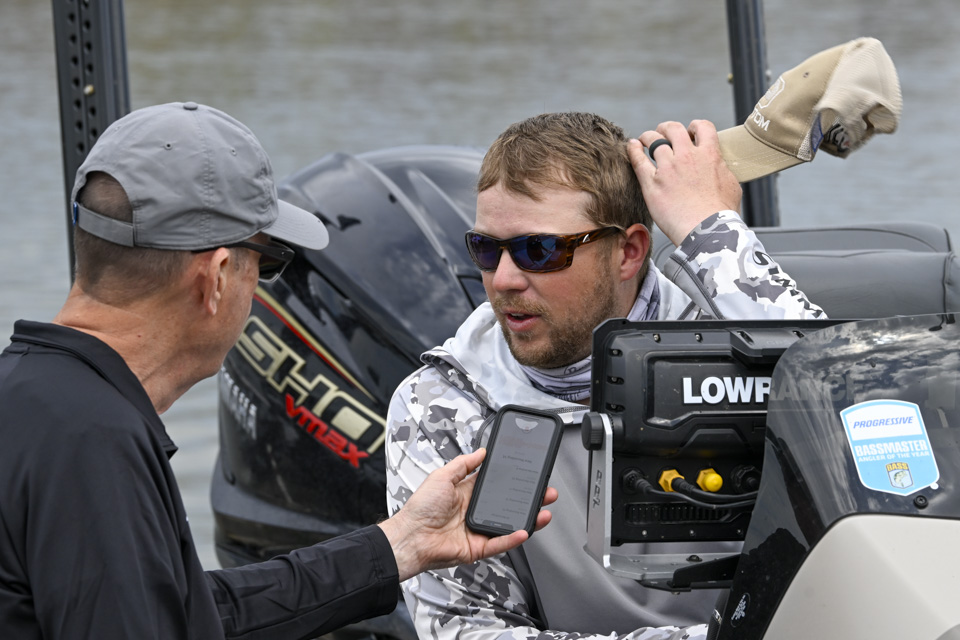
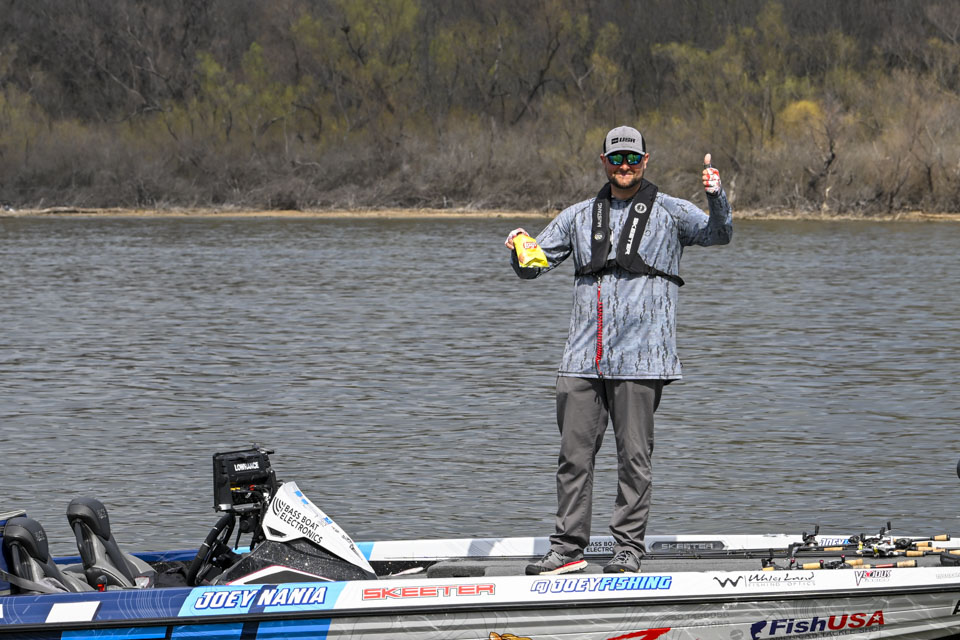
“I felt good about my first day and then we had the days off. Today I did not fish anything I practiced last week. I didn’t want to get it in my head that might work. I had a decent day.”
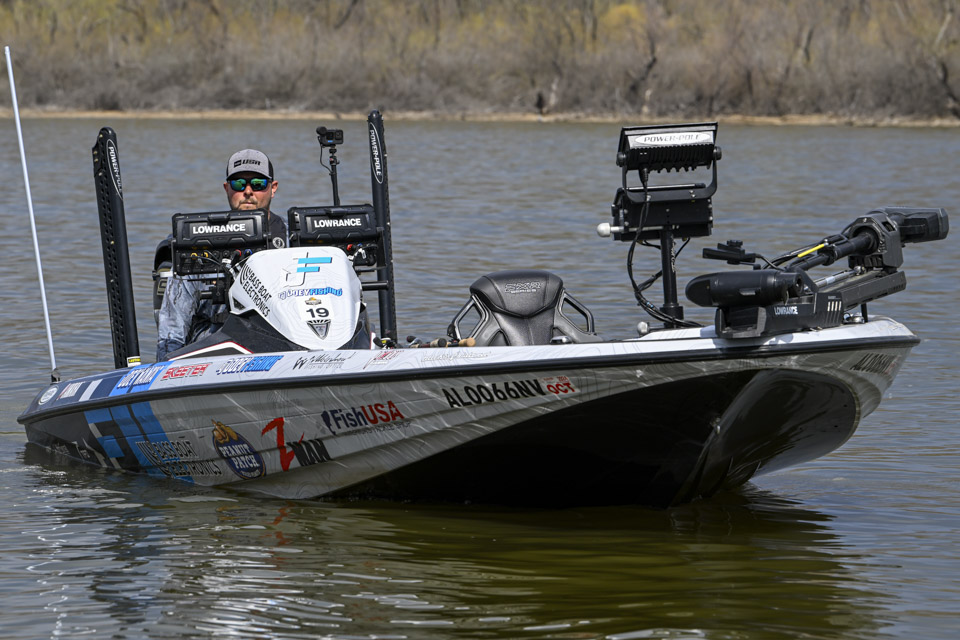
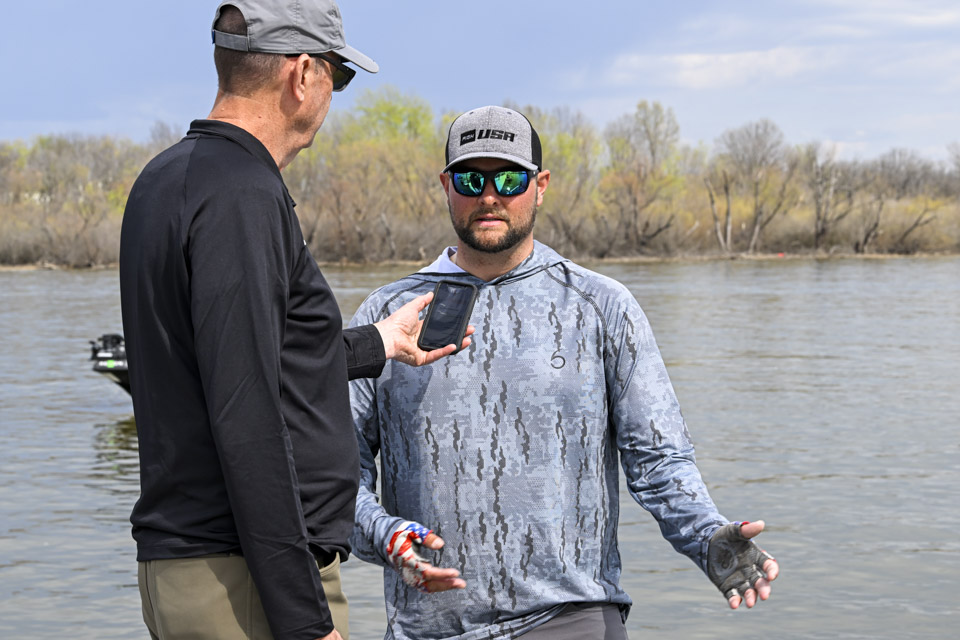

“When practice gets extended and broken up in the spring the biggest factor is trying to figure out where the fish are headed.”
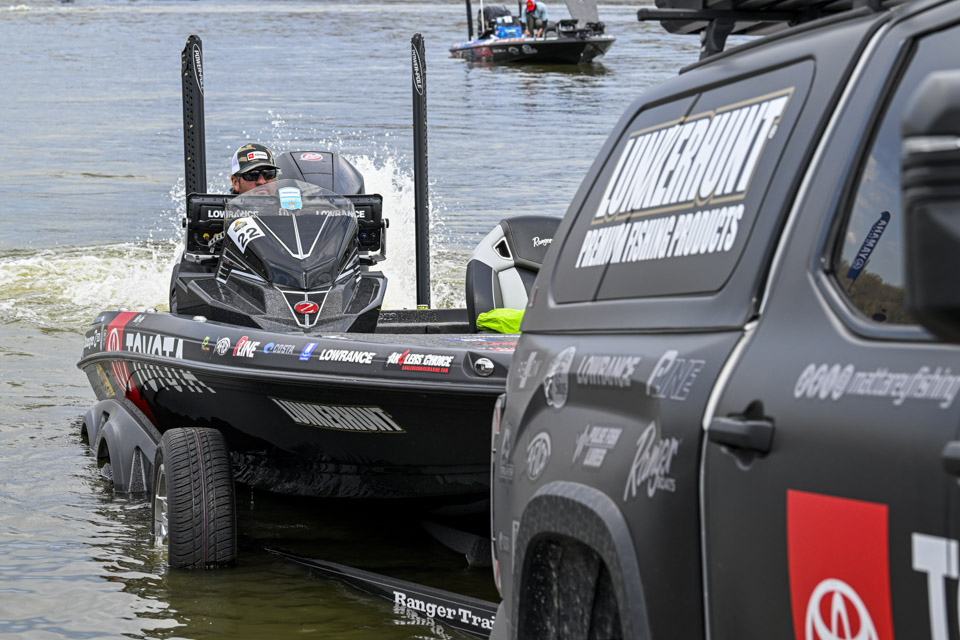
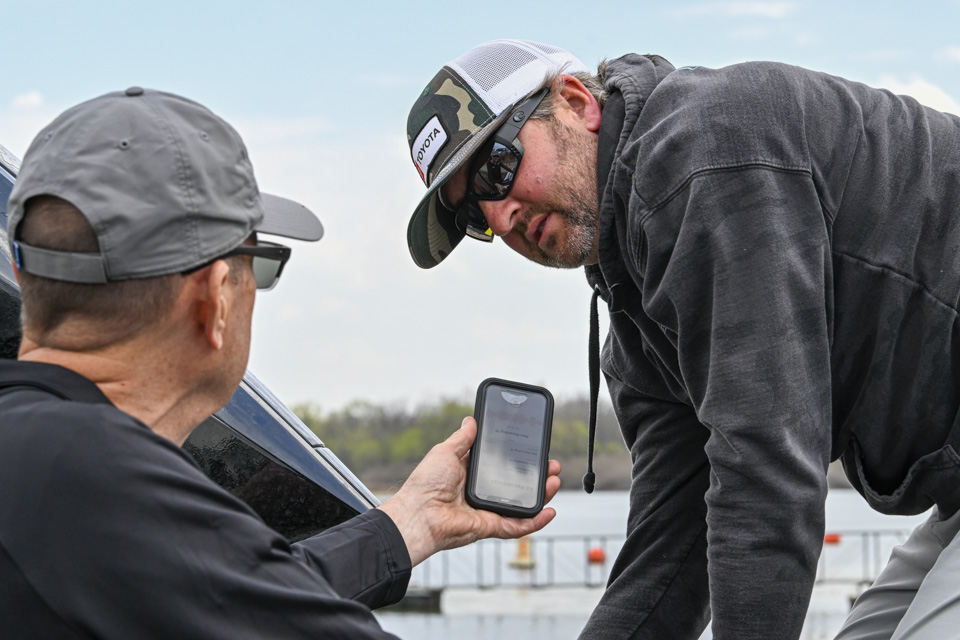
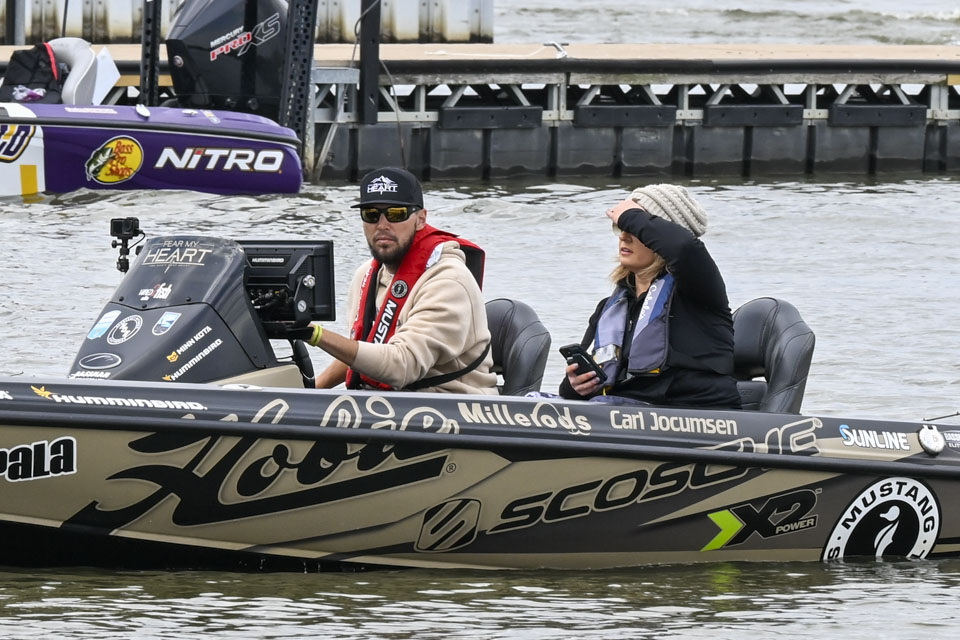
“We are fortunate that fishing conditions are more consistent, but it is the time of year when the fish are wanting to change, to move shallow and spawn.”
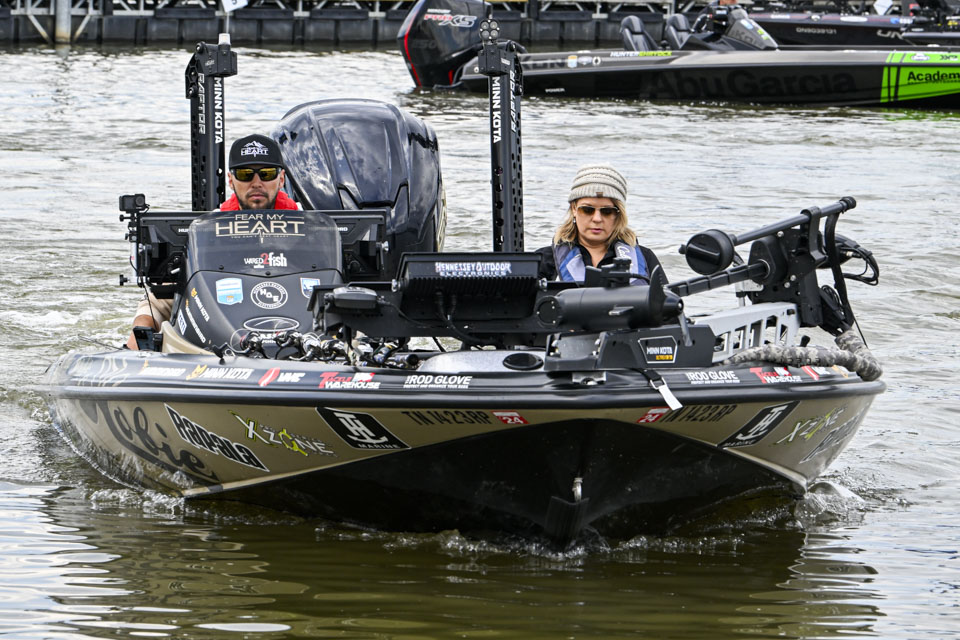
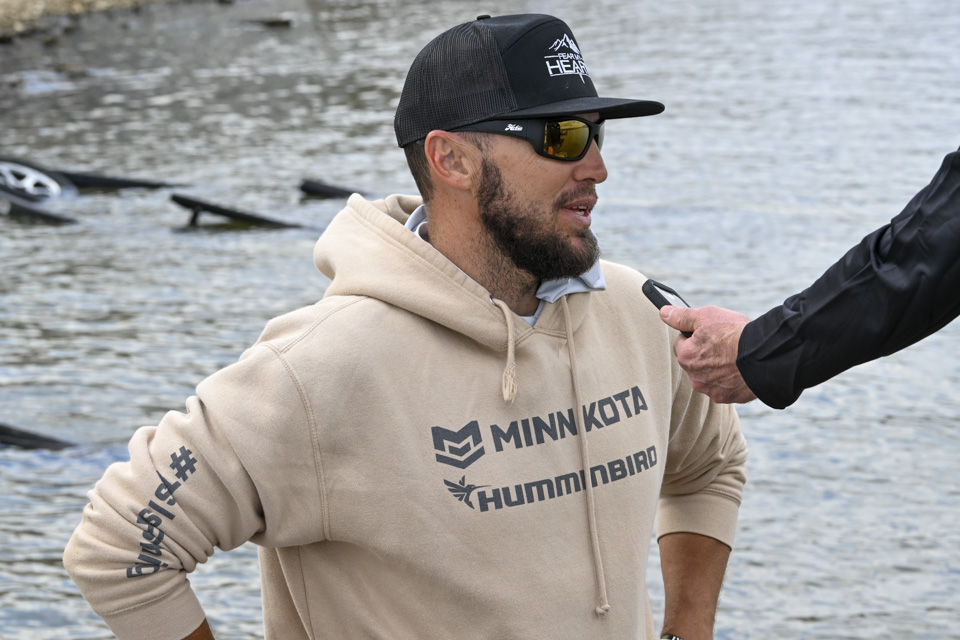

“The biggest thing is to never get locked into anything.”
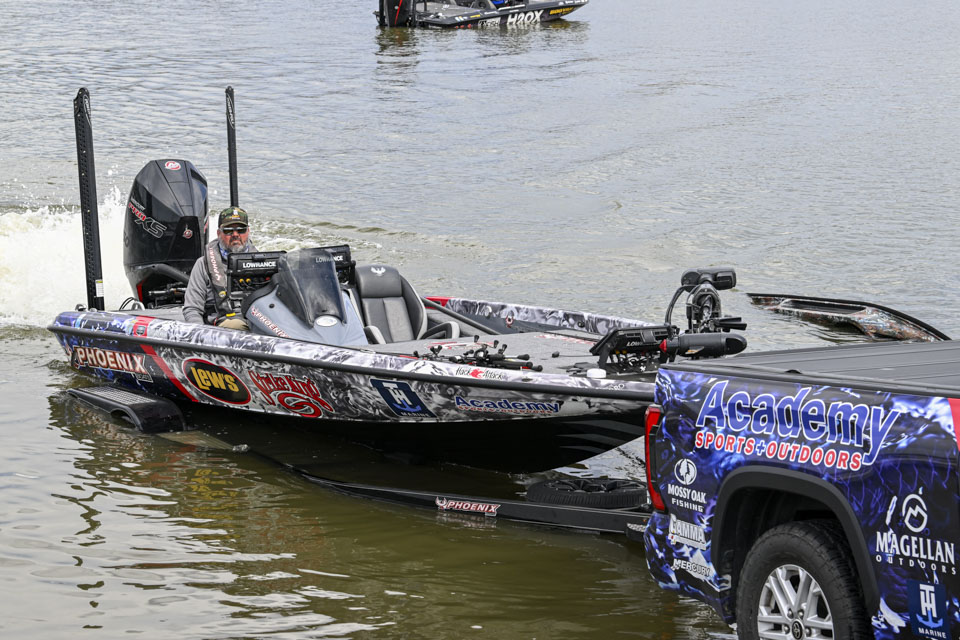
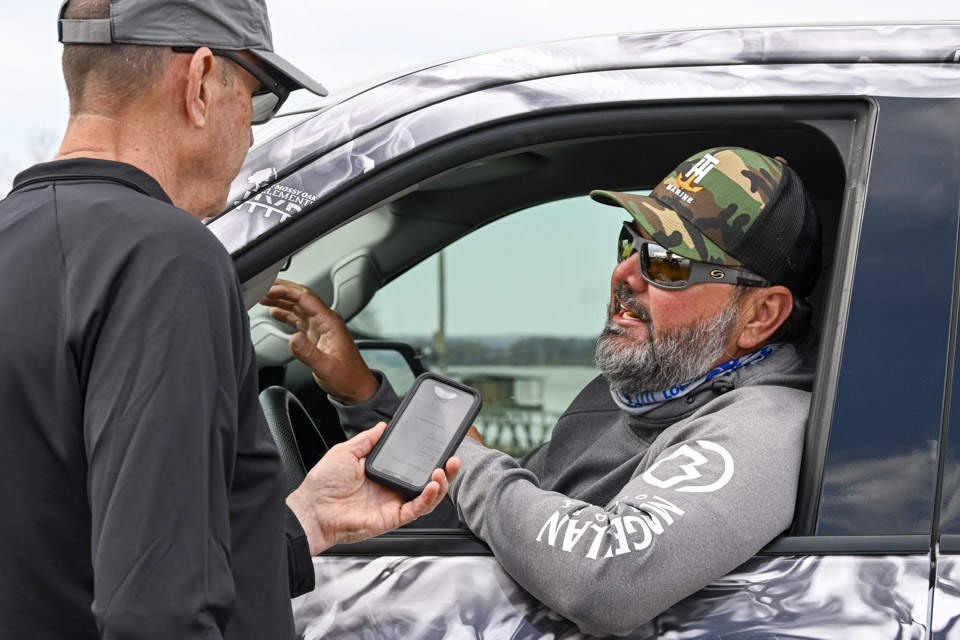
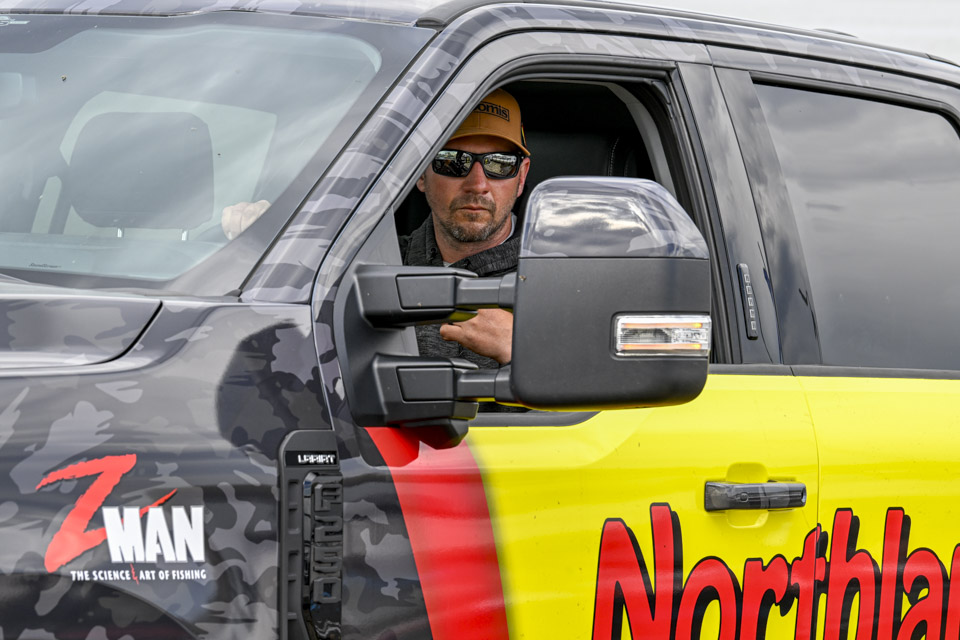
“It’s really a guessing game up until Friday when it’s game time. You can get tuned up on general patterns and areas, but when the game starts you try to fish the conditions then.
